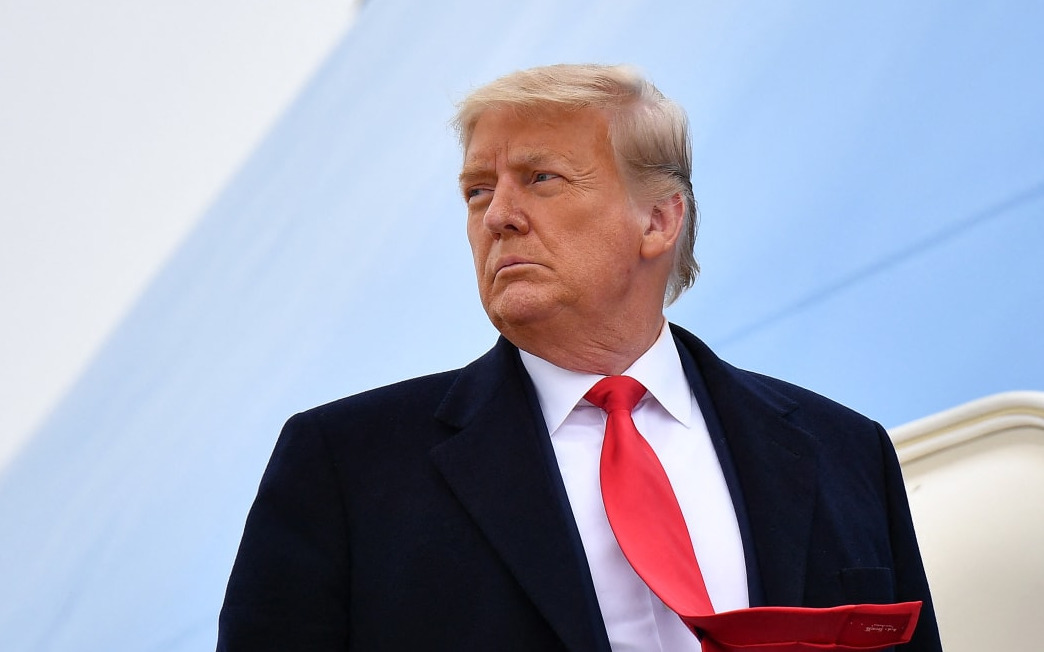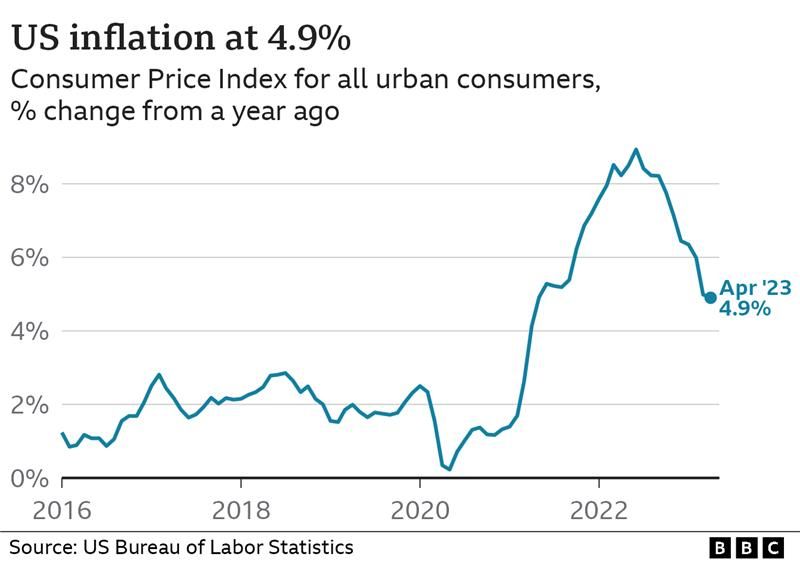In a historic turn of events, former President Donald Trump has become the first former U.S. president to face federal criminal charges. On Tuesday, he pleaded not guilty to all 37 charges in a classified documents case that has sent shockwaves through the nation. Unsealed on Friday, the charges allege that Trump illegally retained classified documents acquired during his presidency and obstructed justice in his attempts to conceal these materials from authorities.
The indictment is a formidable one, comprising 31 violations of the Espionage Act, which prohibits the unauthorized disclosure of classified information, and six counts of making false statements to the FBI. During a brief arraignment hearing in federal court in Miami, Trump's lawyers entered the plea of not guilty on his behalf. U.S. District Judge Aileen Cannon subsequently scheduled the trial for January 10, 2024.
Trump has vehemently denied any wrongdoing and has accused the Justice Department of political bias. With unwavering resolve, his legal team has vowed to vigorously defend him against all charges. The case has captivated the attention of legal experts and political observers, who recognize its potential significance for the future of the presidency.
Legal experts are divided in their assessments of the case. Some argue that its outcome could set a precedent with far-reaching implications, shaping the powers and limitations of future presidents. Others, however, express skepticism regarding the likelihood of Trump's conviction on any of the charges. Given the early stage of the proceedings, it is premature to predict the ultimate outcome with certainty.
Nevertheless, the case has already had a profound impact on Trump's political career. The indictment has dealt a severe blow to his reputation and cast a shadow over his ability to raise funds for political endeavors. Furthermore, it has complicated his potential run for the presidency in 2024, leaving him with numerous legal battles to contend with.
In conclusion, the charges against former President Donald Trump mark a historic moment in American politics. The trial, scheduled for January 2024, will be closely watched as it unfolds, with wide-ranging implications for the future of the presidency and Trump's political aspirations.
FAQs
1. What charges does former President Donald Trump face?
- Donald Trump faces 37 charges, including illegal retention of classified documents and obstruction of justice.
2. Has Donald Trump pleaded guilty or not guilty?
- Trump pleaded not guilty to all 37 charges during his arraignment hearing.
3. When is the trial date set for?
- The trial is scheduled to begin on January 10, 2024.
4. How has Donald Trump responded to the charges?
- Trump denies any wrongdoing and claims that the charges are politically motivated.
5. What impact does this case have on Trump's political future?
- The case has damaged Trump's reputation and created obstacles for his potential presidential run in 2024.




